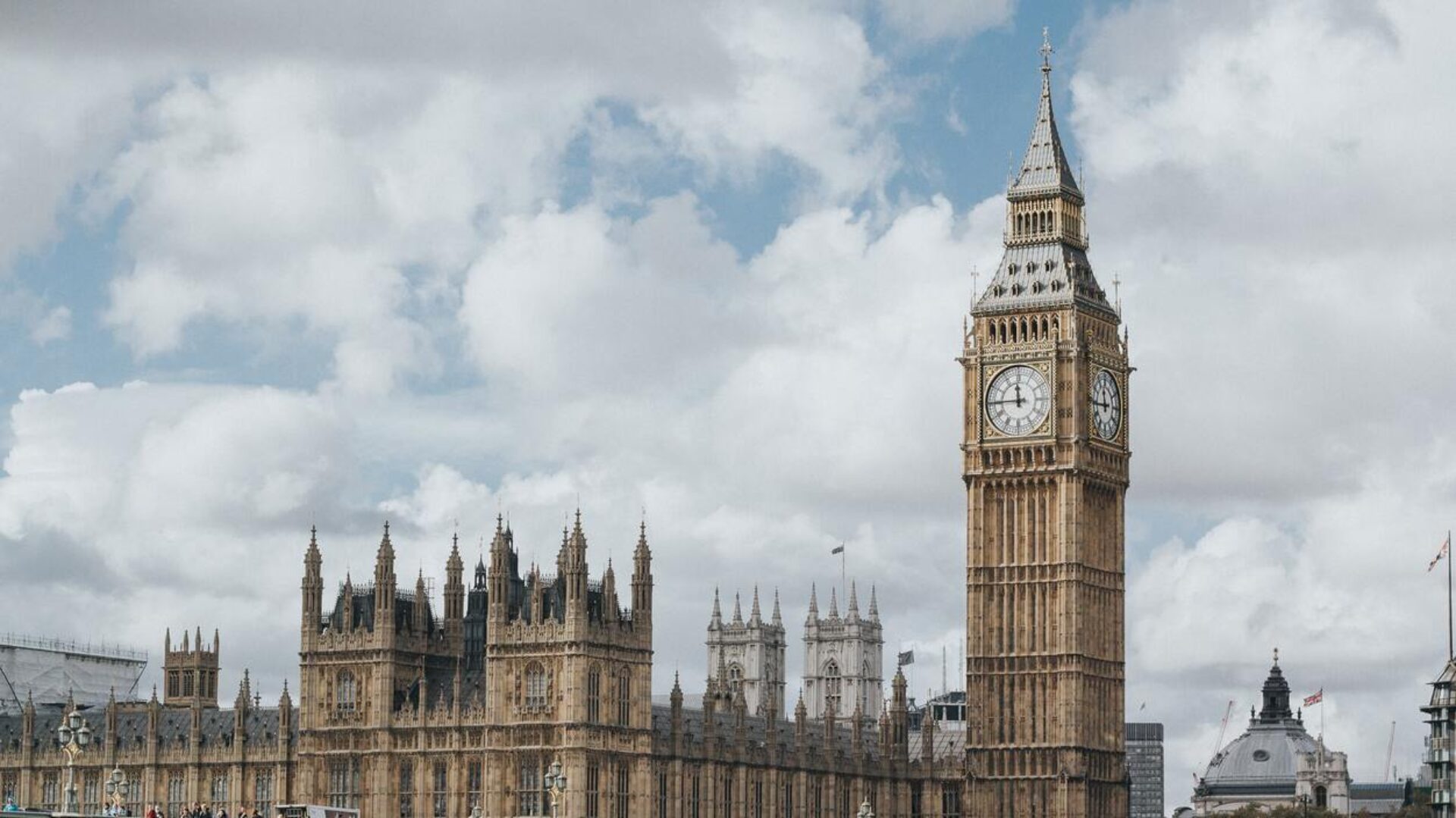London School of Economics

London School of Economics: A Comprehensive Overview
Introduction
Founded in 1895, it has grown to become a hub of academic excellence, renowned for its rigorous curriculum, influential research, and diverse community. This report delves into LSE's history, academic programs, research contributions, campus life, and its impact on global policy and economics.
History and Founding
London School of Economics was established by Fabian Society members Beatrice and Sidney Webb, Graham Wallas, and George Bernard Shaw with a vision to improve society through the study of economics and social sciences. The school received its first classes in 1895 and quickly expanded its curriculum. In 1900, LSE joined the University of London, further solidifying its academic reputation.
Academic Programs
Its areas of study include economics, political science, sociology, law, and international relations.
- Undergraduate Programs: LSE's undergraduate programs are highly competitive, attracting students worldwide. Popular courses include BSc Economics, BSc International Relations, and BSc Politics and Philosophy.
- Postgraduate Programs: LSE offers numerous master's programs such as MSc in Finance, MSc in Management, and MSc in Social Policy. These programs are designed to provide students with advanced knowledge and analytical skills.
- Doctoral Programs: LSE's PhD programs are renowned for their rigorous research training and strong emphasis on original contributions to the field. Doctoral students benefit from close supervision by leading academics and access to extensive research resources.

Research and Contributions
London School of Economics is at the forefront of social science research, with a strong emphasis on addressing global challenges. Its research centers and institutes conduct cutting-edge studies in various fields.
- Economic Research: LSE economists have significantly influenced public policy and economic theory. The Centre for Economic Performance (CEP) is one of the leading research centers focusing on economic performance and policy.
- Social Policy: The Department of Social Policy conducts research on welfare systems, health, and social inequalities. LSE's work in this area has informed policies globally, particularly in the UK and European Union.
- Political Science: LSE's Department of Government is renowned for its research on comparative politics, political theory, and public policy. The school's contributions to understanding political systems and governance are highly regarded.
Campus and Facilities
LSE's campus is situated in the heart of London, providing students with access to the city's vast cultural, academic, and professional resources. Key facilities include:
- The LSE Library: Known as the British Library of Political and Economic Science, it is one of the largest libraries devoted to social sciences. It offers extensive collections, electronic resources, and research support services.
- Teaching and Learning Spaces: London School of Economics has state-of-the-art lecture theatres, seminar rooms, and collaborative spaces designed to foster interactive learning and innovation.
- Student Residences: London School of Economics provides various accommodation options, from self-catered halls to shared flats, ensuring a comfortable living environment for its diverse student body.

Student Life
LSE offers a vibrant student life with numerous extracurricular activities, clubs, and societies.
- Student Union: The LSE Students' Union (LSESU) organizes events, campaigns, and activities that enhance the student experience. It also provides support services and represents student interests.
- Clubs and Societies: With over 200 student societies, LSE caters to a wide range of interests, including academic, cultural, political, and recreational activities. The Economics Society and the International Relations Society are particularly popular.
- Sports and Wellness: LSE promotes physical and mental well-being through various sports clubs, fitness classes, and wellness programs. Facilities include a sports center with a gym, squash courts, and a multi-purpose hall.
Global Impact and Alumni Network
LSE's influence extends far beyond its London campus, shaping global policies and producing leaders in various fields.
- Policy Influence: LSE academics regularly advise governments, international organizations, and NGOs. Their research impacts areas such as economic policy, human rights, and climate change.
- Notable Alumni: LSE boasts an impressive list of alumni, including former British Prime Minister Clement Attlee, economist Friedrich Hayek, and philanthropist George Soros. These individuals have made significant contributions to politics, economics, and social sciences.
- International Collaboration: LSE partners with universities and institutions worldwide, facilitating academic exchanges, joint research projects, and global conferences. These collaborations enhance LSE's academic reach and foster cross-cultural understanding.
Challenges and Future Directions
Like all leading institutions, London School of Economics faces challenges, including maintaining academic excellence, ensuring financial sustainability, and addressing social inequalities. However, its strategic vision focuses on:
- Innovation in Education: London School of Economics is committed to enhancing its curriculum through digital technologies and innovative teaching methods. It aims to provide students with skills relevant to the 21st century.
- Sustainability: London School of Economics has implemented sustainability initiatives to reduce its carbon footprint and promote environmental awareness. It is working towards becoming a carbon-neutral campus.
- Inclusivity and Diversity: London School of Economics strives to create an inclusive environment that reflects global diversity. Efforts include scholarship programs, support for underrepresented groups, and initiatives to promote gender equality.
Conclusion
The London School of Economics and Political Science stands as a beacon of academic excellence and social impact. Its commitment to rigorous research, quality education, and global collaboration continues to shape the future of social sciences. As London School of Economics navigates the challenges of the modern world, its legacy of innovation and leadership remains steadfast, inspiring generations of scholars and policymakers worldwide.
In case, if you need help with Guardianship and Homestay for students in order to study in London School of Economics or other schools in the UK, please fill in application below or contact us directly.


